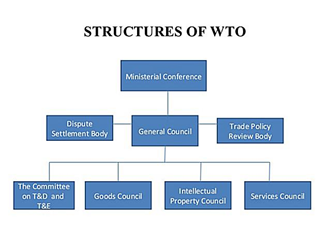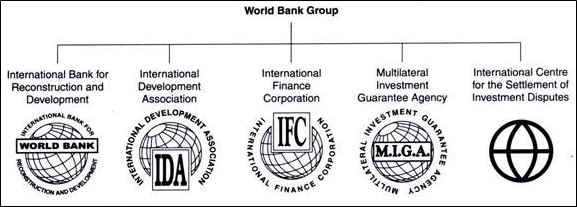Meaning of Investment
Investment is the process where money is exchanged for an asset with the expectation of earning returns or profit. It plays a crucial role in boosting the economy by creating surplus returns and fostering economic development. Investment drives a country’s growth by enhancing the production of goods and services, thereby contributing to the development of various sectors such as agriculture, infrastructure, and communication.
Importance of Investment for Economic Growth
-
- Investment is essential for a country’s economic growth and development. It not only promotes growth but also helps in reducing poverty, unemployment, and malnutrition.
- When the government lacks sufficient funds for investment, it invites private sector participation. In countries like India, where the fiscal deficit is around 6.6% of GDP, private investments are crucial as the government alone cannot meet the investment needs.
- Investment models now focus on both government and private sector contributions to economic growth.
Relationship Between Investments and GDP
Gross Domestic Product (GDP) of a country is the sum of consumption expenditure, government spending, net exports, and investments. Mathematically, GDP can be expressed as:
GDP = C + G + I + NX
Where:
C = Consumption Expenditure
G = Government Expenditure
NX = Net Exports (Exports (X) – Imports (M))
I = Gross Investments
This equation shows that investments are a critical component of GDP, influencing the overall economic growth of a nation.
Savings and Investments
Investment comprises both private (corporate and household) and public investments. Typically, domestic investments are funded through savings—either by private savings or public savings. External savings (e.g., foreign pension funds) can also be used to fund domestic investments, although excessive reliance on these can lead to an increased Current Account Deficit (CAD).
The savings rate in a country significantly impacts investment levels. For instance, in India, the declining savings rate over the past five years has contributed to reduced investments, leading to lower economic growth. The Economic Survey of 2017-18 highlighted that investment slowdowns are more detrimental to growth than saving slowdowns, emphasizing the need for policy measures to revive investment.
Savings Rate Versus Economic Growth
The savings rate plays a vital role in capital formation, which is necessary for the economic growth of any country. Historically, India’s GDP growth after independence was largely fuelled by domestic savings. However, recent economic trends suggest that a fall in savings rates has coincided with a slowdown in economic growth. This decline can be attributed to several factors, including inflation, reduced income, and increased consumption.
-
- Capital Formation: Savings provide the necessary capital for investments, which, in turn, drives economic growth. In the long term, higher savings rates lead to greater capital availability for businesses and government projects.
- Global Financing Mechanisms: With declining domestic savings, countries often look to foreign financing mechanisms such as sovereign wealth funds or foreign pension funds to fill the investment gap.
Factors Affecting Investments
1. Income: Higher income levels generally lead to increased savings, which then translates into higher investments. Conversely, lower income levels can stifle investment as savings diminish.
2. Rate of Interest in Banks: The rate of interest significantly influences investment decisions. Higher interest rates typically discourage borrowing and investment, while lower rates encourage them.
3. Tax Rate: Lower taxes can boost investments by increasing the post-tax return on investments.
4. Inflation: High inflation erodes the real returns on investment, making it less attractive.
5. Return on Capital Investment: Higher potential returns can attract more investment.
6. Availability of Factors of Production: The availability of land, labour, and capital are essential for sustaining investment levels.
7. Government Policies: Policies that promote infrastructure development, ease of doing business, and favourable tax regimes are vital for encouraging investments.
Spread the Word





